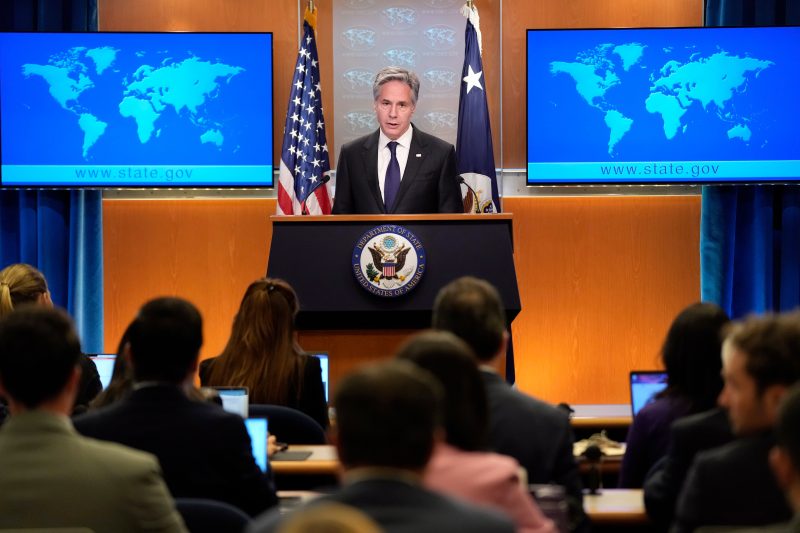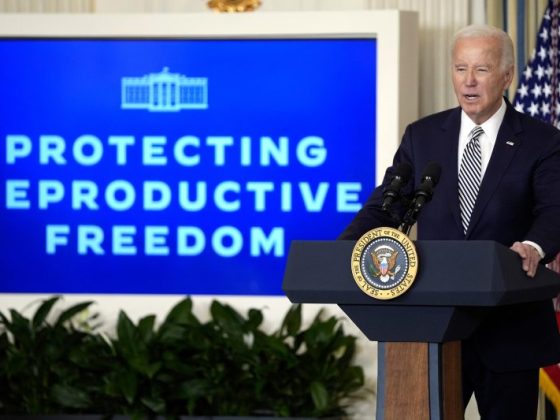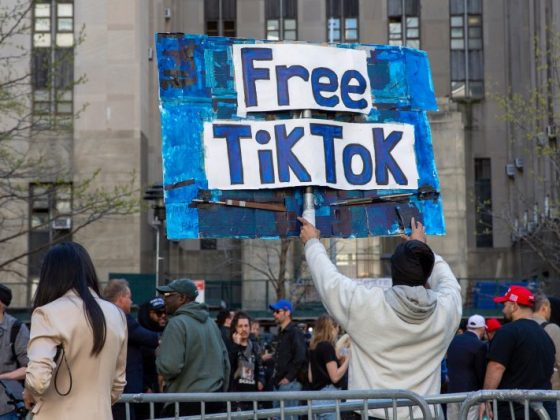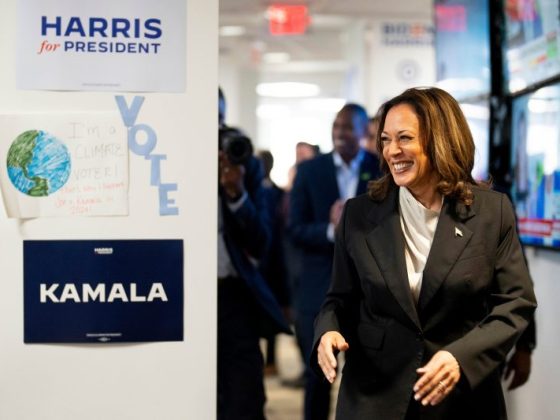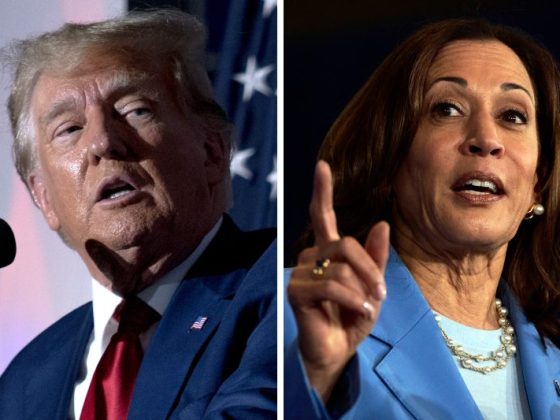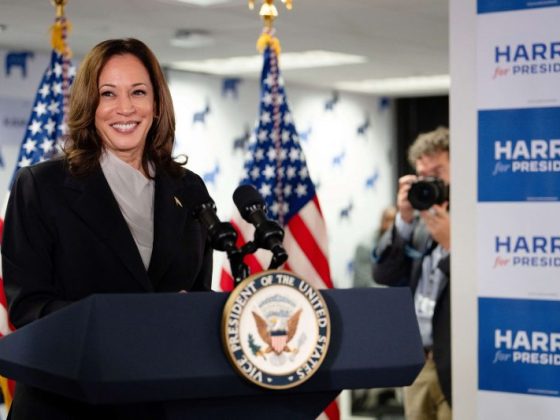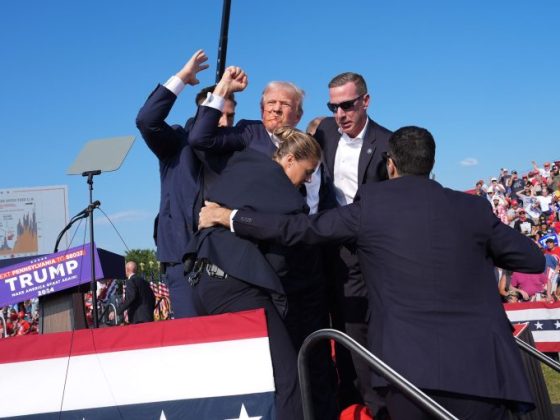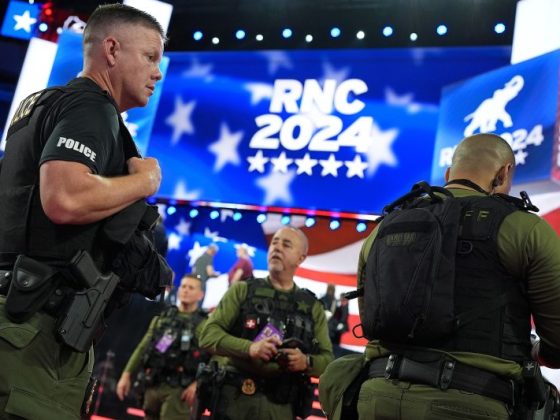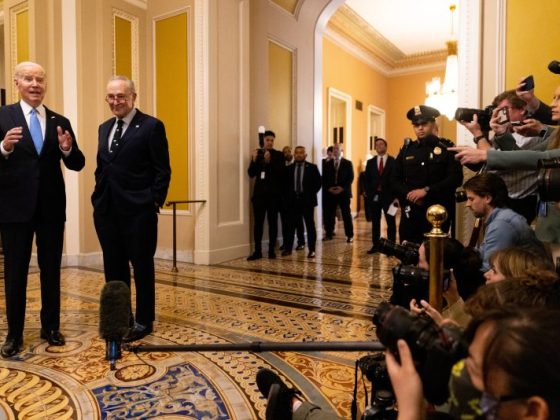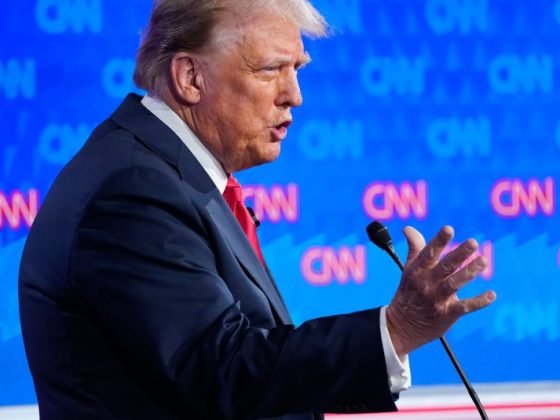In recent events, the United States has pointed to a list of human rights violations occurring in Israel, the Gaza Strip, and the West Bank. This includes freedom of expression constraints, racial discrimination, abuse of detained children, and violence against women, indicating a dire state of affairs that needs addressing.
The ability to express oneself safely and without fear of retribution is a fundamental human right recognized globally. However, in all three locations, constraints on this freedom have been regularly reported. Journalists face constant risk and abuse, particularly those who report on the Israeli-Palestinian conflict. In Israel, critics of the government, including human rights activists and organizations, face bullying, harassment, and intimidation. Gazan authorities are equally guilty of penalizing free speech, detaining journalists and dissenters. The scope of the problem underscores that this issue is not confined to a specific government or geopolitical side but has spread across all regions.
Racial discrimination is another profound problem prevailing in Israel, Gaza, and the West Bank. Palestinian citizens who reside in Israel are subject to systematic discrimination, especially in employment, housing, and education sectors. On an alarming note, this discrimination is also exacerbated in the Israeli justice system, where Palestinians often experience differential treatment. On the other hand, in Gaza and the West Bank, internal rivalry among Palestinians has led to violent clashes, resulting in unspeakable suffering, particularly for marginalized communities such as the Bedouin tribes of the Negev desert.
Abuses against detained children and adolescents in these regions has also caught the attention of human rights watchdogs, and torrents of criticism have followed. The Israeli military detention system, which prosecutes hundreds of Palestinian children annually, has been criticized for its harsh interrogation techniques, denial of fair trial rights, and forced confessions. Similarly, in the Gaza strip, the ruling Hamas authorities are known to use cruel and inhumane treatment against detainees, including children, further fueling the cycle of rights violations.
Sadly, the violations are not limited only to these areas; women in these regions also face physical violence. Underreported in Western media, cases of domestic violence and honor killings are rife in the Gaza Strip and West Bank, while women are often discriminated against in law and practice. In Israel, although there has been progressive improvements toward gender equality, women are still subject to violence and harassment, both at home and in public places.
To combat these abuses, local organizations and international non-governmental organizations are working tirelessly to address these issues, a movement that the United States supports robustly. By citing these human rights violations, it’s clear that the U.S. is seeking to initiate reform and support greater justice and equality in Israel, Gaza, and the West Bank. This could serve as a stepping stone toward a comprehensive solution to the challenges unfolding in the area, and is a necessary step in confronting the litany of rights violations occurring in this troubled region.
Moreover, it’s crucial to recognize that initiating reforms and combating these violations can’t be the sole responsibility of outside stakeholders like the U.S., but should involve a concerted effort from local governments, leaders, and communities. Only with an integrated approach can the complex layers of rights violations in these regions begin to effectively be addressed.

